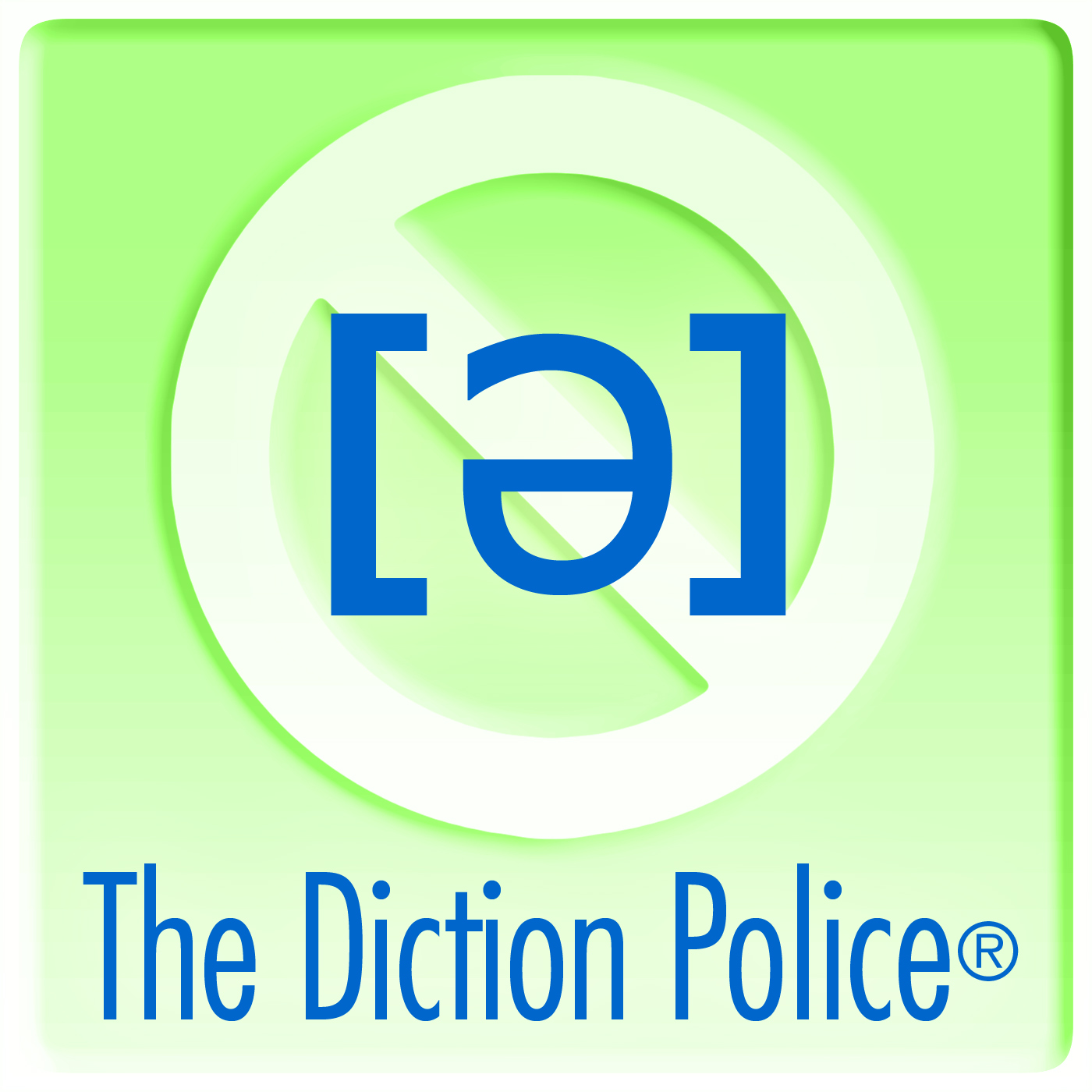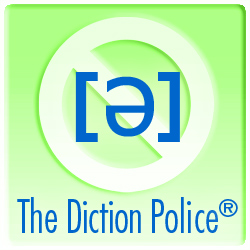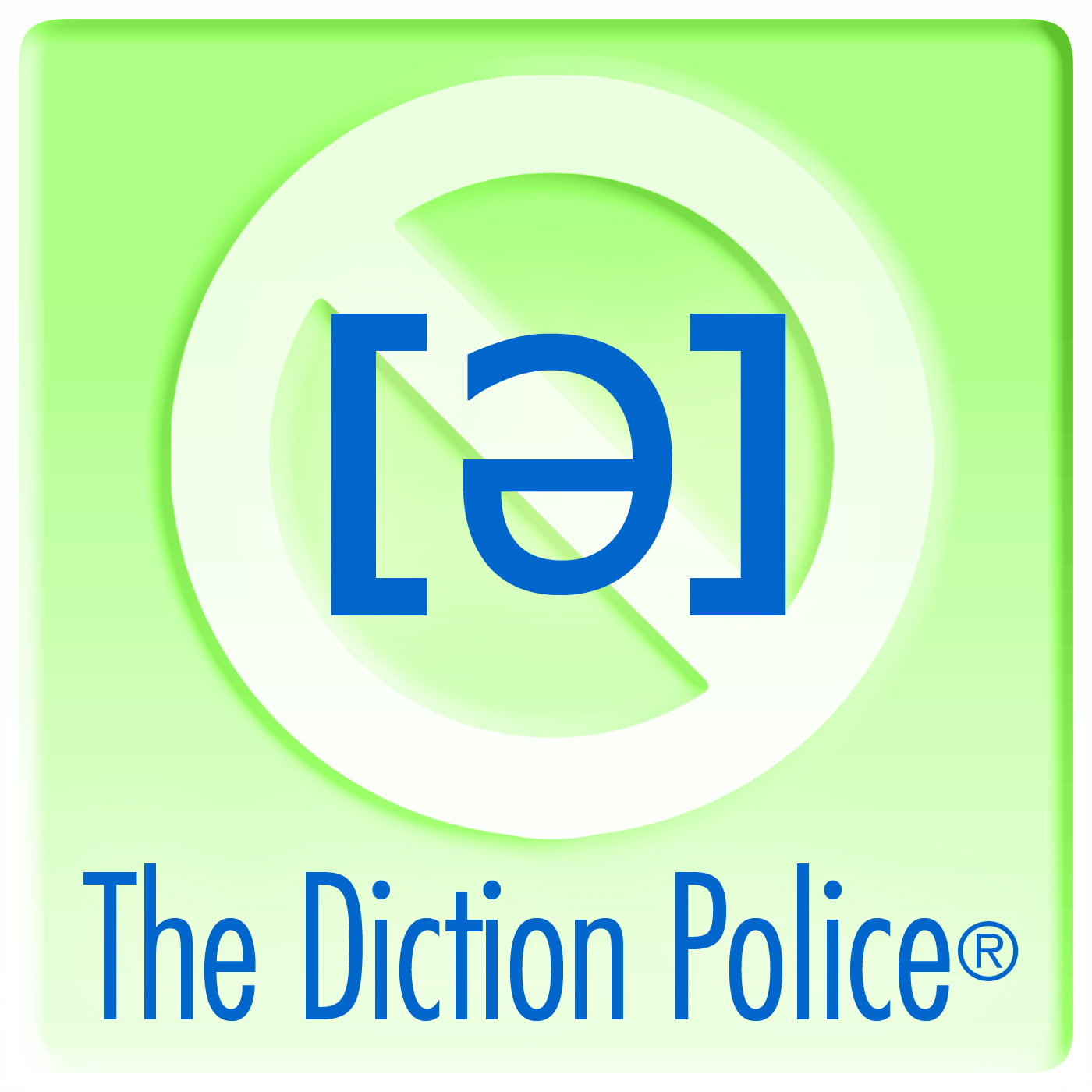Episodes

Saturday Sep 17, 2016
Episode 82-SDU Tutorial (audio version)
Saturday Sep 17, 2016
Saturday Sep 17, 2016
In Episode 82 (from The Diction Police: Special Diction Unit), Simone de Felice walks us through the diction rules applicable in Scarlatti's "Se Florindo è fedele". This is the audio version of the tutorial--the full video tutorial is available on iTunes or at our website.

Saturday Sep 17, 2016
Episode 82-SDU Video Tutorial
Saturday Sep 17, 2016
Saturday Sep 17, 2016
In Episode 82 (from The Diction Police: Special Diction Unit), Simone de Felice walks us through the diction rules applicable in Scarlatti's "Se Florindo è fedele". No need to go looking for the text, because you can follow along with the text and IPA right here!

Saturday Jun 04, 2016
Diction Tip #2-'n' assimilation (Italian)
Saturday Jun 04, 2016
Saturday Jun 04, 2016
Since the podcast comes out every two weeks, on the off-weeks we post Diction Tips--very short tutorials on a specific topic in Lyric Diction.

Friday May 27, 2016
Episode 77-SDU Tutorial (audio version)
Friday May 27, 2016
Friday May 27, 2016
This week's episode is from The Diction Police's Special Diction Unit! This is the audio version of the SDU Video Tutorial, for people who want to listen while they are out and about.

Friday May 27, 2016
Episode 77--SDU Video Tutorial
Friday May 27, 2016
Friday May 27, 2016
This week's episode is from The Diction Police's Special Diction Unit No need to go looking for the text, because you can follow along with the text, IPA, and conversation on the video!

Monday Apr 22, 2013
Episode 69
Monday Apr 22, 2013
Monday Apr 22, 2013
In the second half of my conversation with Italian bass Maurizio Muraro, we discuss the text to Don Bartolo's aria "A un dottor della mia sorte" from Il barbiere di Siviglia. This time we concentrate on the rule of "raddoppiamento sintattico" (called phrasal doubling in English), the combination GLI [ʎ], S before a voiced consonant (which becomes a voiced [z]) and when to roll or not roll Rs! You can find a libretto for Il barbiere di Siviglia at the Opernführer. Scroll down to Aria No.8 (remember to make sure it's on L for libretto and I for Italian!). The fabulous website resources that I mentioned in this episode are: Technology for the Classical Singer, a must-have resource for all of us, with blog postings on everything from foreign language dictionaries to the free treatises on singing at IMSLP to where to find accompaniment tracks. She also has amazing video tutorials to teach us all how to get the most out of our technology! SingersBabel, a diction website with video clips that allow you to see the text and IPA transcription while you listen! Focusing on French, German and English repertoire right now, it has a large selection of pieces to choose from, including Bach Cantatas and choral repertoire! And don't forget to have a good chuckle over Bugs Bunny's classic Rabbit of Seville :-) As always, please feel free to contact me with questions, comments or suggestions here, at the Facebook page, on Twitter or directly at ellen@ellenrissinger.com

Sunday Apr 07, 2013
Episode 68
Sunday Apr 07, 2013
Sunday Apr 07, 2013
After an unexpected extended delay due to a climbing accident and travelling over Easter, we're back! Italian bass Maurizio Muraro, discusses Banco's aria from Macbeth in this episode, focusing on the palatal consonants GN [ɲ] and GL [λ], the combinations NG [ŋg] and NC [ŋk], double consonants and phrasal doubling, plus the suffixes -MENTO and -MENTE with stressed closed E [e]. Here is a libretto for Verdi's Macbeth--for Banco's aria scroll down to Nr. 8 1/2 Scena Banco. Sometimes the Opera Guide link will revert to the German text, or even to the Synopsis page, so make sure to click on Libretto and then I for Italian. The resources I talked about on this episode were the Dizionario d'ortografia e di pronunzia from RAI (the Italian television station) and the Wikipedia entry for standard suffix endings in Italian, including lists of words ending in -MENTO and -MENTE. The iPad apps that I now use for translation and diction purposes are the Harpers Collins Italian-English Dictionary and lo Zingarelli Italian Dictionary (which also gives open and closed Es and Os for all verb forms!). Please feel free to contact me with questions, comments or suggestions here, at the Facebook page, on Twitter or directly at ellen@ellenrissinger.com

Wednesday Nov 23, 2011
Episode 47
Wednesday Nov 23, 2011
Wednesday Nov 23, 2011
This week finishes off a series of episodes on many of the arias from Le nozze di Figaro. Coach Matteo Pais walks us through "E Susanna non vien... Dove sono" and "Bravo signor padrone... Se vuol ballare", focusing on open and closed E and O in every position. Opernführer has the libretto for Le nozze di Figaro (remember to click on libretto and then I for Italian!). For "Dove sono", scroll down to Recit and Aria No. 20 in the third act, and "Se vuol ballare" starts with the recit just before Cavatina No. 3 close to the beginning. Here is the Wikipedia article on Italian language, in case you want to read a little about the acute accent (´) and the circumflex accent (^) in Italian, just click on Writing System in the Contents box and it will take you there immediately. The other resources I mentioned in this episode are the Jillians Michaels podcast, The Collaborative Piano Blog (a must-read for coaches and very useful for everyone!), the book Talent is Overrated and a website devoted to learning better study habits called Study Hacks. Much of the research on the habits of elite performers refer to a study done with the students at the Hochschule für Musik in Berlin. Happy Thanksgiving! Ellen

Thursday Oct 13, 2011
Episode 45
Thursday Oct 13, 2011
Thursday Oct 13, 2011
In the second half of my interview with Simone di Felice, we concentrate on the Count's Aria "Hai già vinta la causa" from Le nozze di Figaro. We cover those assimilations of N again, as well as diphthongs and triphthongs, a few more verb forms and non-aspirated K, P and T. The Opera Guide has a libretto for Le Nozze di Figaro. You'll have to click on Libretto and the letter I (for Italian!), then scroll down to Aria No. 18, in Act 3. The book that I mentioned at the beginning of the episode is Talent is Overrated: What Really Separates World-Class Performers From Everybody Else by Geoff Colvin. My personal favorite Italian Diction books, which I discussed last week and this, are Evalina Colorni's Singer's Italian: A Manual of Diction and Phonetics and David Adams' A Handbook of Diction for Singers (which also covers French and German--and he was my diction teacher at Cincinnati!). Plus, the useful practice tip I menioned at the end of the episode is thanks to my first diction teacher, Larry Marietta! I'll try to get next week's episode out on time, but we're in technical rehearsals for Alcina right now, so I can make no promises. I'll keep updating the Facebook page with my progress. In the meantime, feel free to contact me with any comments, questions or suggestions here, on the Facebook page or directly at ellen@ellenrissinger.com

Monday Oct 03, 2011
Episode 44
Monday Oct 03, 2011
Monday Oct 03, 2011
Italian Vocal Coach Simone di Felice is with us to discuss more arias from Le nozze di Figaro--since he and I had such a long conversation with a ton of useful information, it will be spread out over two episodes! This week it's Bartolo's aria, "La Vendetta", focusing on some standard verb endings with stressed E, some consonants that are automatically doubled between two vowels and the assimilation of N before certain consonants. The new phonetic letter we talk about is the labio dental [ɱ]. The Opera Guide has a libretto for Le Nozze di Figaro. You'll have to click on Libretto and the letter I (for Italian!), then scroll down to Aria No. 4. The history resources I mentioned on this episode are the classes "History 5: European Civilization from the Renaissance to the Present" from UC Berkeley on iTunes University (there are several years to choose from) and the podcast The History of Rome, hosted by Mike Duncan (also available free on iTunes). Feel free to contact me with any comments, questions or suggestions here, on the Facebook page or directly at ellen@ellenrissinger.com

